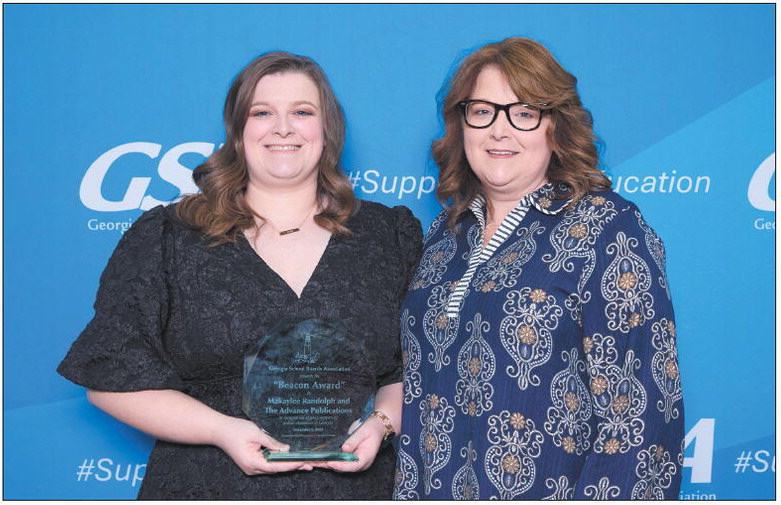Immunization guidelines for newborns to 15 months
New parents have a lot on their plate. The birth of a child is a special time in the lives of a family. Shortly after the birth of a child, new parents learn how significant a role their child's pediatrician plays in the early months of the youngster's life.
New parents rely on pediatricians to help them get through the first months of a child's life, when every sneeze or sniffle can raise an eyebrow. Protecting newborns and young children from illness is a priority for new parents, and one way to do just that is to adhere to vaccination schedules. The Centers for Disease Control and Prevention recommend various vaccines for newborns and children up to 15 months old, a period when parents tend to be especially mindful of illness. The following CDC guidelines can help parents ensure their youngster stays on schedule with their vaccinations.
Hepatitis B: Children should receive their first dose at birth, and then their second dose between one month or two months of age.
A third dose is recommended between six months and 15 months.
Rotavirus: (e rotavi rus vaccine schedule will depend on which vaccination children receive, so parents can discuss that with their child's pediatrician. The CDC notes the first dose should be administered at two months and the second at four months. Subsequent doses, if necessary, will depend on which vaccine was administered.
DTaP (diphtheria, tetanus and acellular pertus- sis): (e rst dose should be administered at one month, followed by a second doese at four months and a third dose at six months. Parents can discuss when a child should receive a fourth dose with their pediatrician.
Haemophilus in9uen – zae type b (Hib): (e rst dose should be administered at two months and the second at four months. Additional doses will be necessary, but the timing will depend on which vaccine a child receives.
Pneumococcal conju – gate (PCV13, PCV15): (e first dose should be administered at two months and the second at four months. A third dose should be administered at six months, and parents can discuss the time of a fourth dose with their pediatrician.
Inactivated poliovirus: The first dose should be administered at two months and the second at four months.
A third dose can be administered between six and 15 months, but the timing can be discussed with the child's pediatrician.
COVID-19: (e rec ommended vaccination schedule for COVID-19 shots for kids between the ages of six months and four years will depend on which vaccine the child receives.
The Moderna vaccine is a two-dose series, while the Pzer-BioNTech vaccine is a three-dose series.
In9uenza: (e CDC recommends annual vaccination against influenza beginning at six months. Vaccines may be single- or two-dose.
Measles, mumps, rubel – la (MMR): A routine MMR vaccination is a two-dose series that begins at age 12 to 15 months.
Varicella (VAR): (e rst dose of the VAR vaccine should be administered at age 12 to 15 months.
Hepatitis A: A routine vaccination for the two-dose Hepatitis A vaccine is administered at age 12 to 23 months.
Vaccinations can protect children in both the shortand long-term. More information about childhood vaccinations can be found at cdc. gov.





